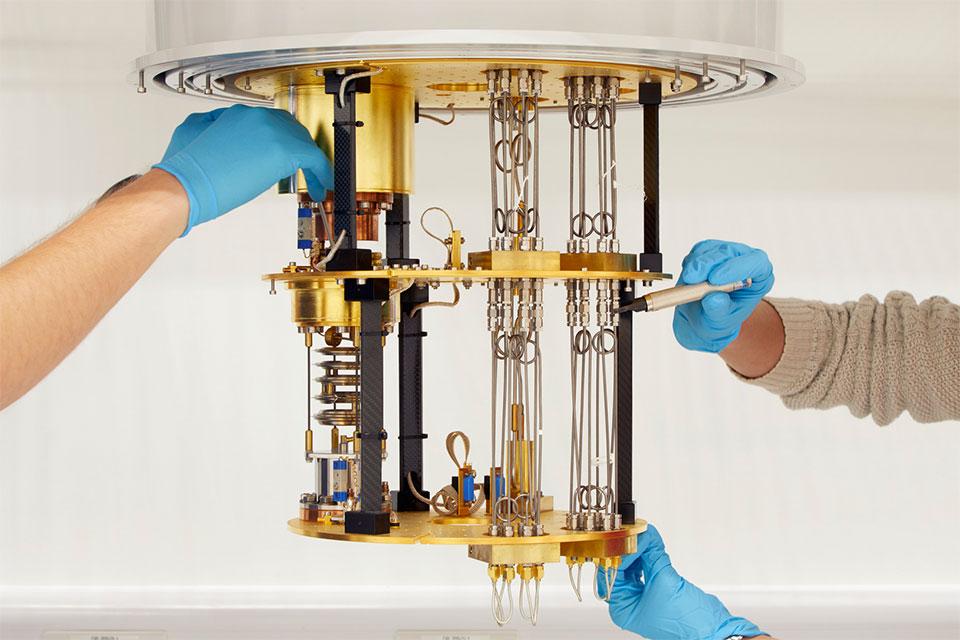Clarendon Laboratory, Department of Physics, University of Oxford, Parks Road, Oxford, OX1 3PU
Prof. Linn Leppert, University of Twente
Maud Schmitt
In purple bacteria, the fundamental charge separation step that drives the conversion of radiation energy into chemical energy, proceeds along one branch of a heterodimeric pigment-protein complex, the reaction center (RC). An atomistic explanation of the directionality of this charge transfer process has not been provided yet. Here we use first principles Green’s function-based many-body perturbation theory and time-dependent density functional theory to investigate charge transfer in the RC of Rhodobacter sphaeroides [1]. We systematically study the effect of pigment-pigment distance andorientation on energy and charge transfer excitations. Furthermore, we include parts of the protein environment explicitly in our first principles calculations. In agreement with experimental findings, our calculations show that forward charge transfer into one pigment-protein branch is significantly lower in energy than into the other. However, charge transfer excitations are energetically well separated from the lower-energy excitations, and this does not change through the explicit inclusion of the protein environment. Our study suggests that the directionality of charge transfer in this RC is due to the structural arrangement of the primary light-converting pigments, rather than a consequence of their electrostatic or dielectric environment. We also make a recommendation as to which parts of the protein environments should be included explicitly in future calculations [2].
[1] Z. Hashemi, L. Leppert, Assessment of the Ab Initio Bethe–Salpeter Equation Approach for the Low-
Lying Excitation Energies of Bacteriochlorophylls and Chlorophylls, J. Phys. Chem. A 125, 2163 - 2172
(2021).
[2] S. Volpert, J. Foerster, I. Schelter, S. Kuemmel, L. Leppert, The Role of the Protein Environment in
Directional Charge Transfer in the Reaction Center of Rhodobacter Sphaeroides, submitted.

